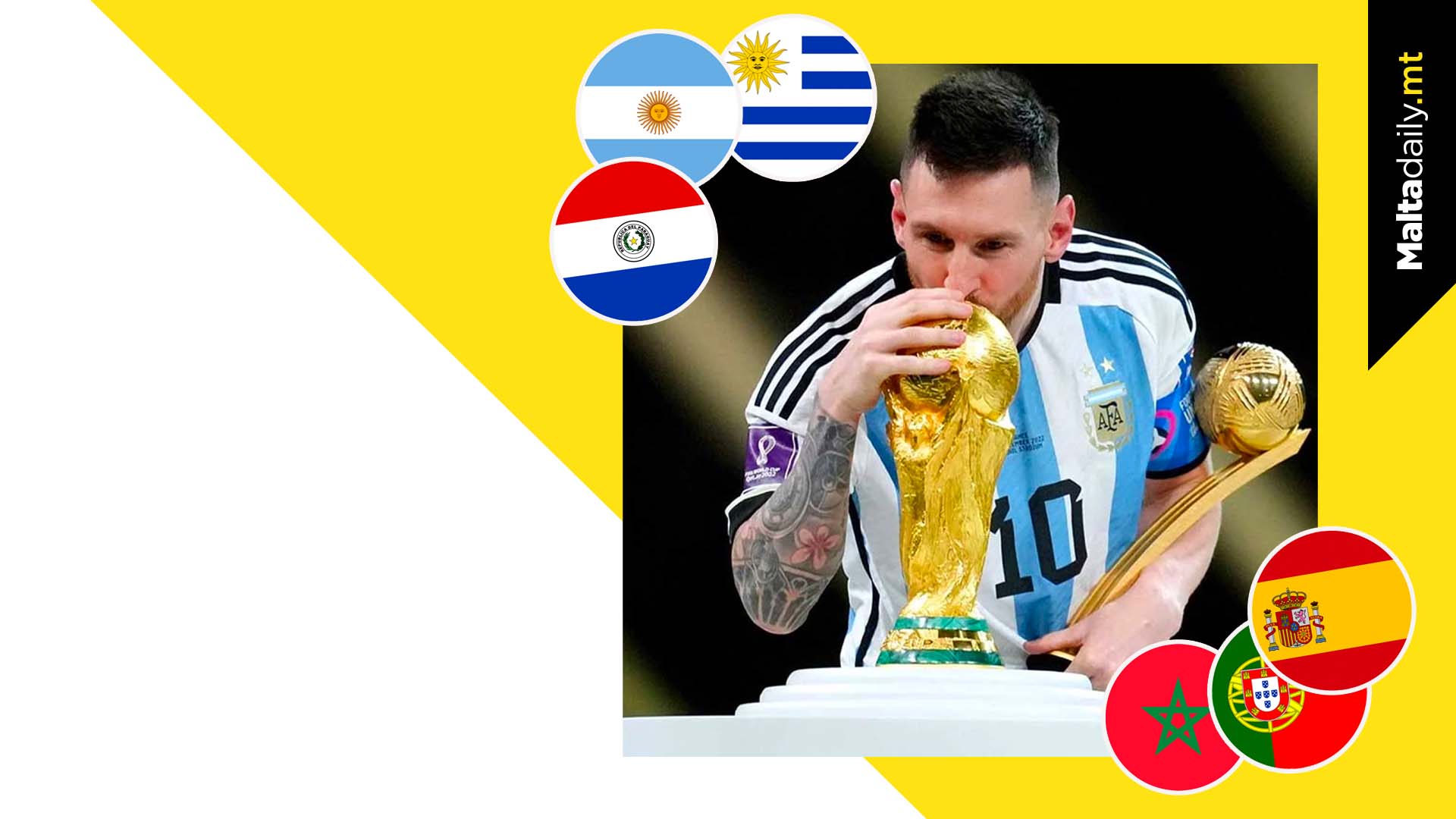FIFA 2030 Will Take Place On 3 Continents & 6 Countries

In an unexpected move, FIFA’s governing council has approved a unique format for the 2030 World Cup, which will span six countries on three continents to commemorate its centenary edition.
Argentina, Paraguay, and Uruguay will each host an opening match before the tournament shifts to Spain, Portugal, and Morocco.Initially, these nations had submitted separate regional bids, but the three-nation proposal of Spain, Portugal, and Morocco was ultimately selected. While this decision offers a novel approach, it has faced opposition due to concerns about its environmental impact.
The first World Cup in 1930 featured 13 teams in Uruguay, but the event has since grown exponentially, becoming a massive financial success for FIFA.
The upcoming 2026 edition will be the largest yet, with 48 teams spread across the United States, Mexico, and Canada. This expansion poses logistical challenges, such as visa arrangements and taxation.
Critics argue that FIFA’s latest move disregards the environment and priorities commercial interests. Additionally, it paves the way for Saudi Arabia, a close ally of FIFA’s president Gianni Infantino, to potentially secure the 2034 tournament, as only teams from Asia and Oceania will be eligible to bid.
This decision has sparked debate within the football community, with fans expressing concerns about the tournament’s evolving nature.
#MaltaDaily


